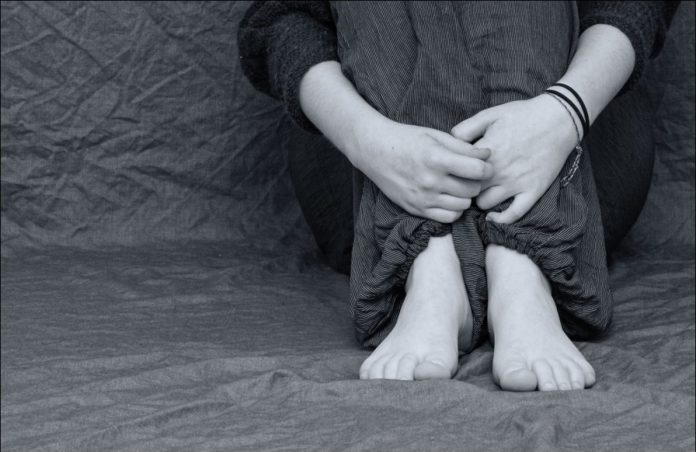Behind a façade of normalcy, many boys and girls in our community are victims of sexual abuse. These children look like, and usually act like, other kids, but carry a painful secret. To make it worse, many continue to suffer though their situations have been reported to Child Protective Services. Too many times, nothing is done. This is not uncommon, especially when the victim is a young child and the perpetrator is a close family member.
According to Ventura County Child Welfare data, there are approximately 11,000 reports of child abuse each year in our community. Of these documented cases, approximately 10 percent are instances of sexual abuse, and only about 4 percent of the cases are substantiated. This leaves more than 10,000 children who are possible victims of sexual abuse but whose cases are essentially ignored or disregarded. These numbers are alarming and unacceptable.
Although there are horror stories of children wrongly removed from their homes by CPS, there are just as many, if not more, stories of victims who slip through the cracks of the child welfare system. Reasons vary. The sexual abuse of a child usually occurs within a close relationship, and therefore a young victim is often reticent to disclose abuse for fear of losing that attachment. Approximately 90 percent of victims know their abusers, and more than 60 percent are abused by someone the family trusts, such as a parent, stepparent, relative or a parent’s romantic interest. The younger the victim, the more likely it is that a family member is the perpetrator.
Oftentimes children won’t disclose abuse because they are told to keep it a secret, or they are threatened by their abusers if they speak out. As a result, approximately 75 percent of child victims do not tell anyone about the abuse for at least a year. Some never disclose it.
If a child does report abuse, sometimes parents and others in authority dismiss the allegations as fantasy, exaggeration or blatant lying. This situation most commonly transpires during a contentious divorce and/or child custody battle. Sometimes it happens after a child has been removed from the abusing, non-custodial parent and finally feels safe to disclose what happened. It’s an unfortunate myth that many abuse allegations that come up during such proceedings are false and/or coached by a non-offending parent. Research has consistently shown that false allegations of sexual abuse by children are rare. Specifically, fabricated stories of sexual abuse among children and adolescents occur in just 2 to 10 percent of cases.
In reality, children tend to minimize and deny sexual abuse. If they do tell about their experiences, it is rarely a clear and cohesive, one-time disclosure. On the contrary, it is often a slow and laborious process over time, and it may include contradictions and recantations. This is especially true in younger children who are more vulnerable to adverse influences from adult family members.
Given these limitations in disclosure, child welfare workers and law enforcement investigators may question a victim’s story. In addition, there is often a lack of physical evidence in these cases, which can prompt investigators to close a case hastily. Due to young age, fear of disclosing to strangers, and accusations that a non-offending parent is coaching him, many children are left adrift in the system. This needs to change — and awareness of the presence of hidden abuse around us is an important step.
Justice comes when those in the legal and child protective services recognize the complexities involved in abuse allegations of young children and proceed accordingly. Developing a relationship with the child helps to facilitate disclosure. So does repeatedly consulting with the child’s psychotherapist and pediatrician to get ancillary information to help determine the outcome of the case.
It is critical that children are believed and that authorities are not quick to judge in error. Sharing incidents of abuse can be delicate, and time and trust are needed to facilitate accurate narratives.
Shannae Anderson, Ph.D. is a licensed psychologist in private practice in Thousand Oaks. She specializes in the treatment of trauma, addiction, and personality disorders.

